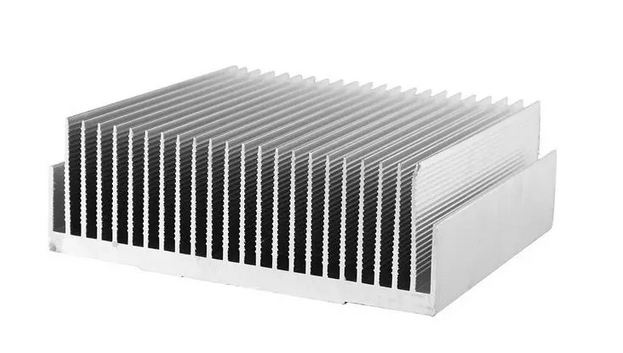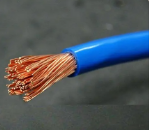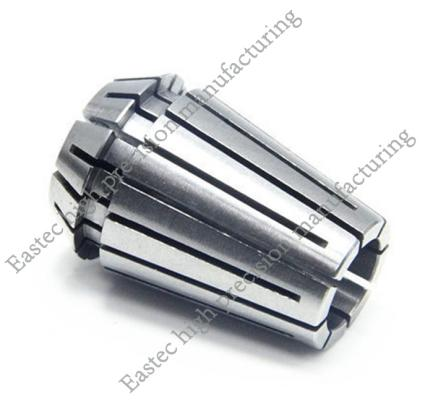
Aluminum alloy radiators have become a popular choice for effective heat dissipation in electronic devices. In this article, we delve into the heat dissipation principle of aluminum alloy radiators and highlight their unique advantages compared to other materials.
-
Heat Dissipation Principle of Aluminum Alloy Radiators
The heat dissipation performance of aluminum alloy radiators is primarily governed by two key factors: Thermal Conductivity and Specific Heat.
a. Thermal Conductivity: Aluminum alloys exhibit high thermal conductivity, meaning they effectively transfer heat from the electronic device’s chip to the radiator’s surface for rapid heat dissipation.
b. Specific Heat: Aluminum alloys have a moderately high specific heat, which enables them to absorb and release heat efficiently, enabling the radiator to respond quickly and maintain stable device temperatures. -
Unique Advantages of Aluminum Alloy Radiators
a. Energy Efficiency and Environmental Friendliness: The high thermal conductivity of aluminum alloys enables efficient heat dissipation, resulting in energy efficiency and environmental friendliness.
b. Lightweight Design: Compared to other materials, aluminum alloys are lightweight, making radiators easier to handle and install, while also reducing the overall weight of the device.
c. Decorative Appeal: Aluminum alloy radiators can be easily shaped through various extrusion and oxidation processes, enhancing the overall appearance of the device.
d. Cost-effectiveness: The moderate price and excellent performance of aluminum alloy radiators make them highly cost-effective and suitable for mass adoption by the general public.
If you are looking for an efficient, environmentally friendly, lightweight, and decorative radiator solution, aluminum alloy radiators are the perfect choice. Please feel free to contact us for further assistance!





 Customer service 1
Customer service 1  Customer service 2
Customer service 2